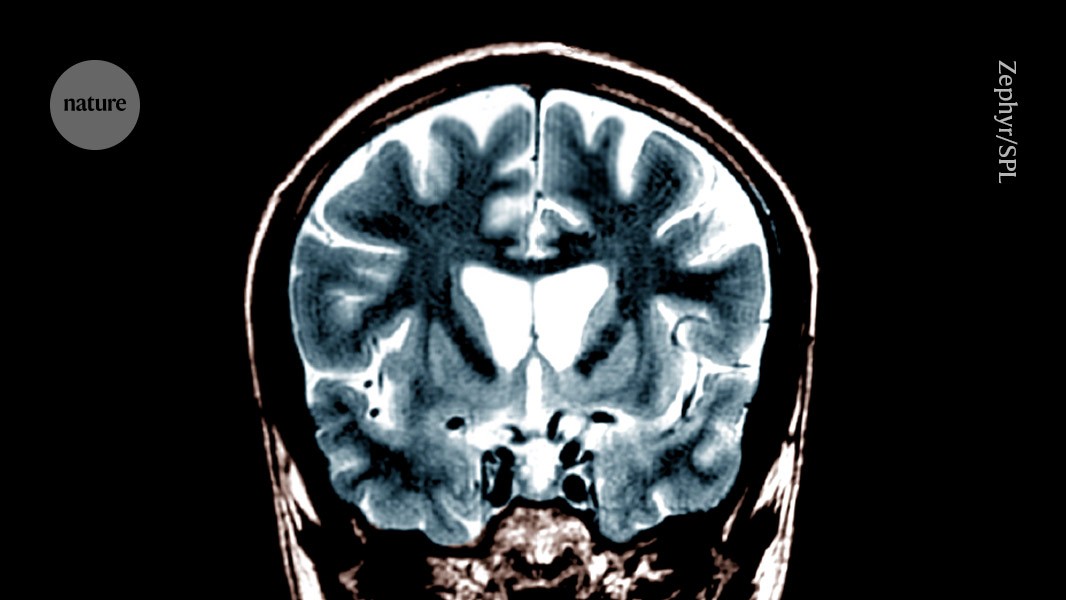
"A one-time gene therapy can markedly slow the progression of Huntington's disease, potentially paving the way for the first ever treatment to alter the course of this rare, inherited brain disorder. In a small trial of 29 people who were in the early stages of Huntington's-related decline, participants who received a high dose of the therapy directly into their brains saw the disease slow by 75% over three years, compared with those in a control group."
"The benefit was statistically significant across several clinical measures, according to data released this week by uniQure, a gene-therapy company based in Amsterdam. Trial investigators also observed a reduction in the level of a toxic protein linked to neurodegeneration in the spinal fluid of people who received the therapy. On the strength of these findings, uniQure executives said they plan to seek regulatory approval for the treatment next year."
"People living with Huntington's disease typically see their symptoms progress year by year, usually starting between the ages of 35 and 55. What often begins as a subtle loss of coordination or forgetfulness then often progresses to involuntary movements, sharp mood swings and a gradual unravelling of memory and thought. The disease is caused by excessive DNA repeats in a gene called huntingtin, which leads to the production of a faulty protein that slowly poisons the brain."
A one-time gene therapy slowed Huntington's disease progression by 75% over three years in a small trial of 29 early-stage participants who received a high brain dose, compared with a control group. The benefit was statistically significant across several clinical measures and was accompanied by reductions in a toxic protein linked to neurodegeneration in spinal fluid. uniQure plans to seek regulatory approval next year based on these findings. The therapy could extend independence for people with Huntington's but is not a cure. The trial results are unpublished and preliminary, and additional data and longer follow-up are needed.
Read at Nature
Unable to calculate read time
Collection
[
|
...
]